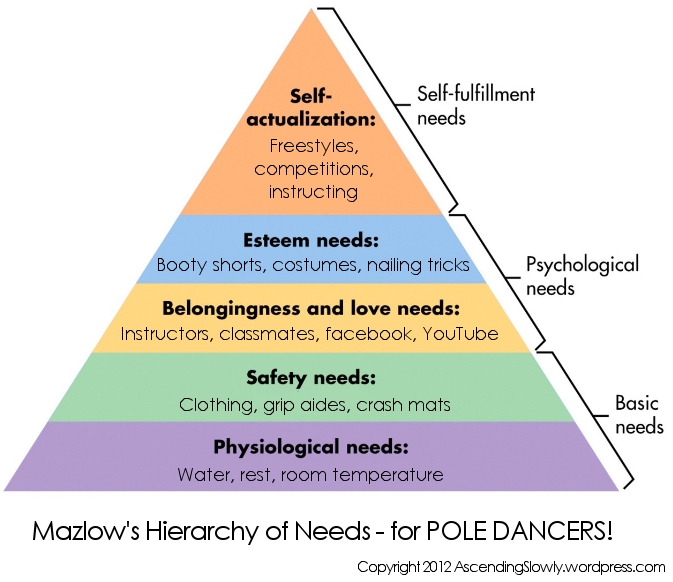Strippers Have Relocated Away From Social Stigma To End Up Being Representations Of Empowerment, Fostering A Discussion About Identity And The Future Of Work In This Dynamic Industry
Strippers Have Relocated Away From Social Stigma To End Up Being Representations Of Empowerment, Fostering A Discussion About Identity And The Future Of Work In This Dynamic Industry
Blog Article
Authored By-Tennant McCarthy
You have actually most likely noticed just how understandings of removing have actually changed in time. What was when a profession shrouded in stigma is currently being welcomed as a type of empowerment. myrtle beach strippers aren't simply performers; they're recovering their narratives and building organizations. This change elevates vital concerns about identification, company, and the future of work in the market. Just how did we obtain below, and what does it imply for those involved?
Historic Context: The Stigmatization of Stripping
Although many individuals watch removing as a debatable profession, its historical context discloses deep-rooted stigmas that have evolved with time.
You mightn't realize that removing go back thousands of years, with performances typically linked with spiritual and social methods. Over the centuries, societal norms shifted, and removing became connected with immorality and exploitation.
Ladies, particularly, dealt with rough judgment for their choices, bring about a perception of stripping as a last resource. This stigmatization often overshadowed the artistry and ability associated with the craft.
As you check out the development of pole dancer work, you'll see just how these historical predispositions have formed the sector's existing landscape, affecting mindsets and the experiences of those within it.
Understanding this context is important for significant discussions concerning removing today.
The Change: Empowerment and Agency in the Market
As societal mindsets in the direction of sex job continue to evolve, many pole dancers are redeeming their stories and emphasizing empowerment and company within the industry.
You'll see that even more dancers are speaking out regarding their options, highlighting their freedom and the skills they bring to the table. They're not just artists; they're smart businesswomen that manage their own jobs, build brand names, and navigate their work environments with self-confidence.
This change has caused a more encouraging area amongst strippers, cultivating solidarity and common regard. By prioritizing empowerment, you'll find a growing variety of dancers promoting for their legal rights and pushing back versus obsolete stereotypes.
This newfound firm is changing the market, enabling pole dancers to accept their identities on their own terms.
Advocacy and Depiction: Pole Dancers as Entrepreneurs
The empowerment motion among pole dancers is paving the way for a new age of entrepreneurship within the sector.
You're witnessing a shift where strippers are taking control, introducing their own organizations, and using their platforms to promote on their own. Numerous are producing brand names, from merchandise to on-line material, leveraging their one-of-a-kind experiences to connect with target markets.
This shift not just helps fight stigma but also promotes economic self-reliance. By accepting birthday party strippers , strippers are redefining success by themselves terms.
You're seeing them become role models, showing that with creativity and determination, anyone can flourish in this space. With advocacy and depiction, they're showing that pole dancers aren't just performers; they're wise business owners forming their futures.
Conclusion
Finally, the development of stripper tasks highlights an exceptional journey from stigma to empowerment. As social mindsets change, you see pole dancers redeeming their stories and showcasing their abilities with pride. Accepting entrepreneurship, these performers are not just artists but likewise magnate, inspiring others to challenge out-of-date stereotypes. By fostering a supportive area, they pave the way for future generations, verifying that removing can be a powerful expression of company and imagination.
